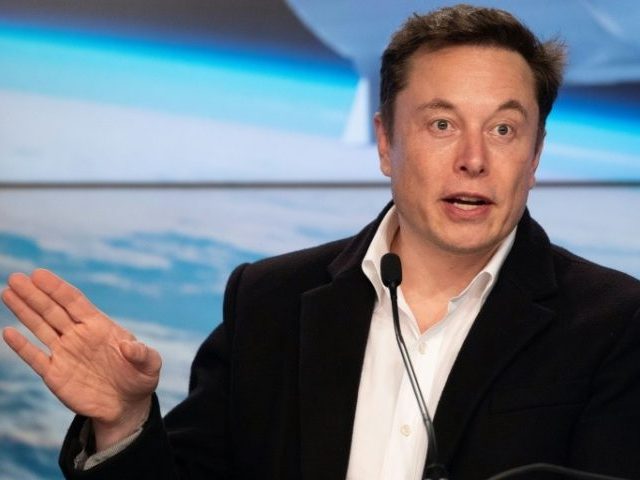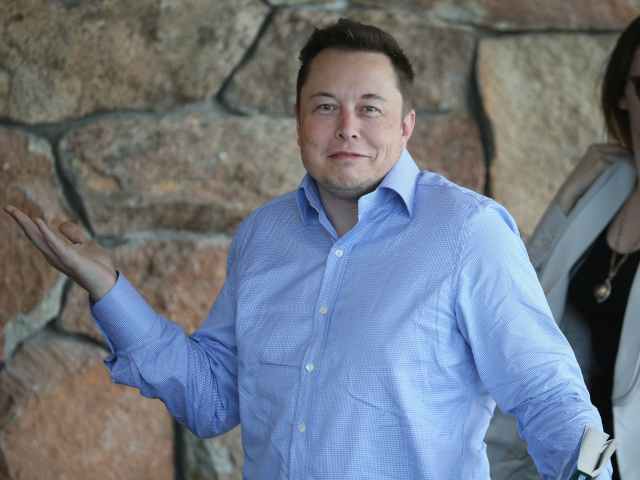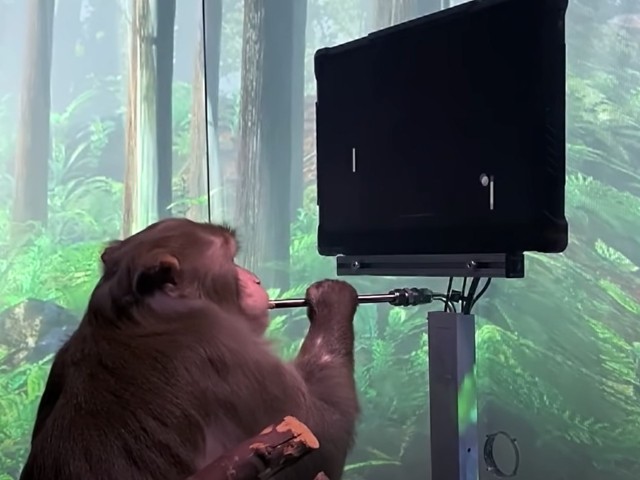In a recent article, Fortune outlines the ongoing issues at Elon Musk’s brain-computer interface startup company, Neuralink. Despite the massive hype Musk brings to everything he touches, the company isn’t impression neuroscientists and much of its original team has fled for calmer waters.
Fortune reports in an article titled “Inside Neuralink, Elon Musk’s mysterious brain chip startup: A culture of blame, impossible deadlines, and a missing CEO,” that Elon Musk’s brain implant company is facing a wide range of internal issues leading to chaos and most of its original team leaving the organization.
o
Fortune first notes that one of Neuralink’s first big viral clips was of a monkey named Pager seemingly using a brain-computer interface (BCI) to play the retro video game Pong. But Fortunes notes that many in the field of neuroscience were not as impressed with the clip as others.
Fortune writes:
Which brings us back to Pager. Many neuroscientists were decidedly less impressed with Pager’s mind control than a layperson might be—or, to judge from his tweets, Musk was. It turns out that science has had the ability to implant electrodes in a monkey’s brain and teach it to play a Pong-like game, sans hands, since at least 2002. In fact, BCIs have allowed monkeys to manipulate robotic arms remotely, performing far more sophisticated actions than the simple joystick movements Pager needed for Pong. You can find this video on the internet too. But it has not gotten anything close to 5.7 million views and 120,000 likes. It was not Elon Musk’s monkey.
Fortune reports that the company has also seen a number of founding members depart the company in recent years, a sign of deep problems within the company:
There have been signs, meanwhile, that all is not right at Neuralink. Over the past two years, most of its original founding team has departed—and former employees interviewed by Fortune describe an enterprise marked by internal tensions and erratic management. Last May, less than a month after the Pager video dropped, Max Hodak, the biomedical engineer who had served as Neuralink’s president since its founding, in charge of day-to-day management, announced via Twitter that he had left the company. He later implied that it was not a voluntary departure. Musk remains the company’s nominal CEO, but Hodak has not been replaced. The company has yet to receive Food and Drug Administration approval to implant its device in a person, a milestone that a rival startup achieved last year. (Musk and Neuralink did not respond to multiple requests for comment. Hodak declined to provide a statement.)
Many neuroscientists have reportedly begun taking issue with Musk’s claims about Neuralink, stating that he is exaggerating the technology’s capabilities — a common trait of Musk’s. Musk has previously stated that Neuralink could cure brain diseases and disorders, something which neuroscientists and technologist James Wu took issue with, stating in a tweet: “Neur*link is pouring funding only into implants that realistically will never be used by the average patient with disabilities in the absence of structural changes to our health care systems.”
Fortune adds:
Can Neuralink deliver on Musk’s grandiose promises? Although the least scrutinized of Musk’s companies, it could be among the most impactful—helping to unlock the mysteries of the brain and perhaps even changing the definition of what it means to be human. Neuralink may also be the most challenging endeavor Musk has yet taken on. “Unlike Tesla or SpaceX, we are not talking about technological problems or infrastructure problems,” says Christof Koch, a researcher at the Allen Institute for Brain Science in Seattle. “These are fundamental science problems.” In some ways, Musk’s company has already made a mark: The billionaire’s enthusiasm for BCI technology has turned a formerly niche academic field into a fast-growing commercial industry, similar to the way Tesla helped turbocharge the global electric-vehicle sector. The problem with this “Elon Musk effect,” however, is this: If the technology fails to live up to Musk’s hype, will the inevitable disillusionment set back progress? And will hyperbole give false hope to those who most need a brain-tech breakthrough?
Read more at Fortune here.
Lucas Nolan is a reporter for Breitbart News covering issues of free speech and online censorship. Follow him on Twitter @LucasNolan or contact via secure email at the address lucasnolan@protonmail.com



COMMENTS
Please let us know if you're having issues with commenting.